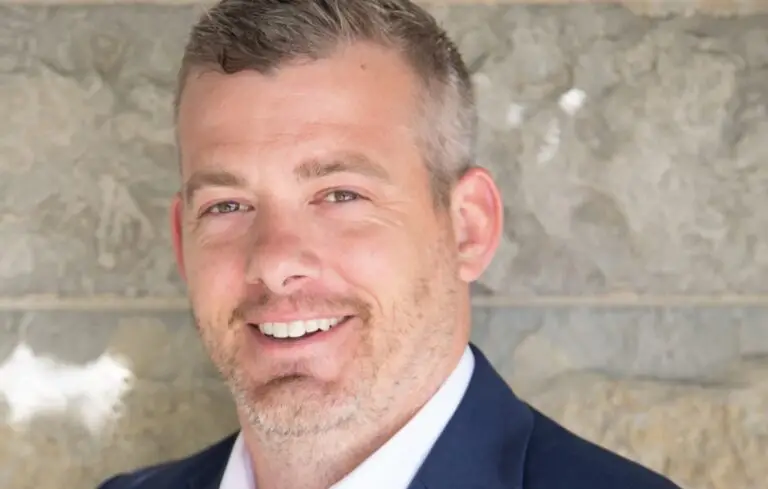
Jeffrey Aronin had spent time in big pharma during the era of the blockbuster drug when companies would focus on treatments for larger patient populations. Big corporations were buying up small and mid-sized companies, putting their capital towards the big diseases and doing quite well for themselves.
But while this was an incredibly profitable time for big pharma, Aronin saw a bigger problem at hand. “There was this huge need for a focus of treatments on rare diseases, where you have a smaller patient population but a large need. There are currently 7,000 diseases, even today, that have no treatment at all,” Aronin tells Chief Executive.
Aronin left big pharma and started a company called Ovation Pharmaceuticals in 2000, concentrating on treatment for rare diseases. Ovation successfully got four drugs approved to market (impressive considering how few drugs get approved by the FDA every year) and eventually grew to the point whereby the end of the decade, it sold to Danish pharma giant Lundbeck A/S for $900 million.
The Chicago native got such a kick out of bringing treatments for rare diseases that after Ovation was sold, he started Paragon Biosciences, which serves as a mentor of sorts for startup pharma companies. Paragon invests in companies that are developing medications for rare diseases and helps get their medications the FDA approval it needs to go to market.
Aronin, who is chairman and CEO of Paragon Biosciences, spoke with Chief Executive about why healthcare is stagnant from an innovation standpoint, the importance in doing meaningful work and more. Below are excerpts from this interview.
Why is healthcare stagnant from an innovation standpoint? Is it regulation or are other forces at work?
That’s a good question. With all the money being spent to develop medicine and all these giant corporations…why aren’t we getting [more innovation]? I’ll start with the biology. Chemistry is hard. We are doing something that is hard scientifically. It’s remarkably hard from a regulatory FDA perspective. I mean our government, it sets a high bar, as they should. The FDA is very good at what they do. I think the FDA is the pinnacle of what the bar should be. It is very difficult from a clinical and regulatory perspective, and it’s also hard from a financial perspective because you’re investing huge amounts of money to do trials and innovate over a very long risky period. It’s risky and it’s hard.
At the same time, it’s one of the reasons Paragon Biosciences has been very successful. We bring in the expertise to solve many of these problems. We have a lot of capital that we invest into our companies for a long time. We’re long-term private capital because it does take a long time. We are willing to take risks because you have to take risks to develop these medicines. At Paragon, we have expertise that has been able to develop a lot of medicines and help our companies with developing medicine and all the other functions that are needed. We’re able to have a focus on high need areas. We help our companies identify areas where science has not advanced, but there’s a lot of needs by patients that big pharma can’t focus on. Like I said, there are 7,000 rare diseases with no treatments and big companies aren’t focusing there or are doing it less. We’re focused in these areas and that’s one of the reasons we’re successful.
What are the big challenges Paragon Biosciences faces in helping these companies get off the ground?
A lot of people focus on the science challenge, which is true. It’s hard. But we find the hardest challenge is the long-term execution of a business. Sometimes big corporations, many biotech companies, are short term focused because they’re only being measured on short-term objectives. At Paragon, because we have long-term capital and long-term expertise, we stay focused on drug trials and advances in science. Some of these studies last between five and 10 years. We’re very mission driven and mission focused. We’re focused on advancing science and helping patients get medicines and therapies they need. By doing that, it allows us to recruit the best talent. We’re doing meaningful, important work and the best people want to come work with us. We’ve been very fortunate. Attracting the best talent is helping us become successful in building these companies.
What are some lessons you’ve learned in leadership over the course of your career?
Over the years my answer may have changed. Early on, I would have answered it more about the technical things that have helped my companies and myself be successful. I think today I would really focus more on doing meaningful, important work. It’s hard. Developing and building these companies and getting these drugs approved, we’ve been very successful, but there are a lot of challenges. It’s really hard work. But it’s because it’s meaningful that allows our companies and teams to stay focused and do this work.
I think the second thing would be focused on me. It is so easy to get enamored in my business and many businesses on how exciting the science and technology is and losing focus on what is the need we are treating. What are the patients that we are solving problems for and does therapy solve that need? That is so important and it’s the biggest mistake I see companies make.
I think a third area is for me is focusing on innovation. Being ahead of the curve. Building companies are hard, but if you are innovating, if you are doing something that is advancing science, advancing treatments and therapies, making our system better, it makes it worthwhile and helps you attract the best people.







